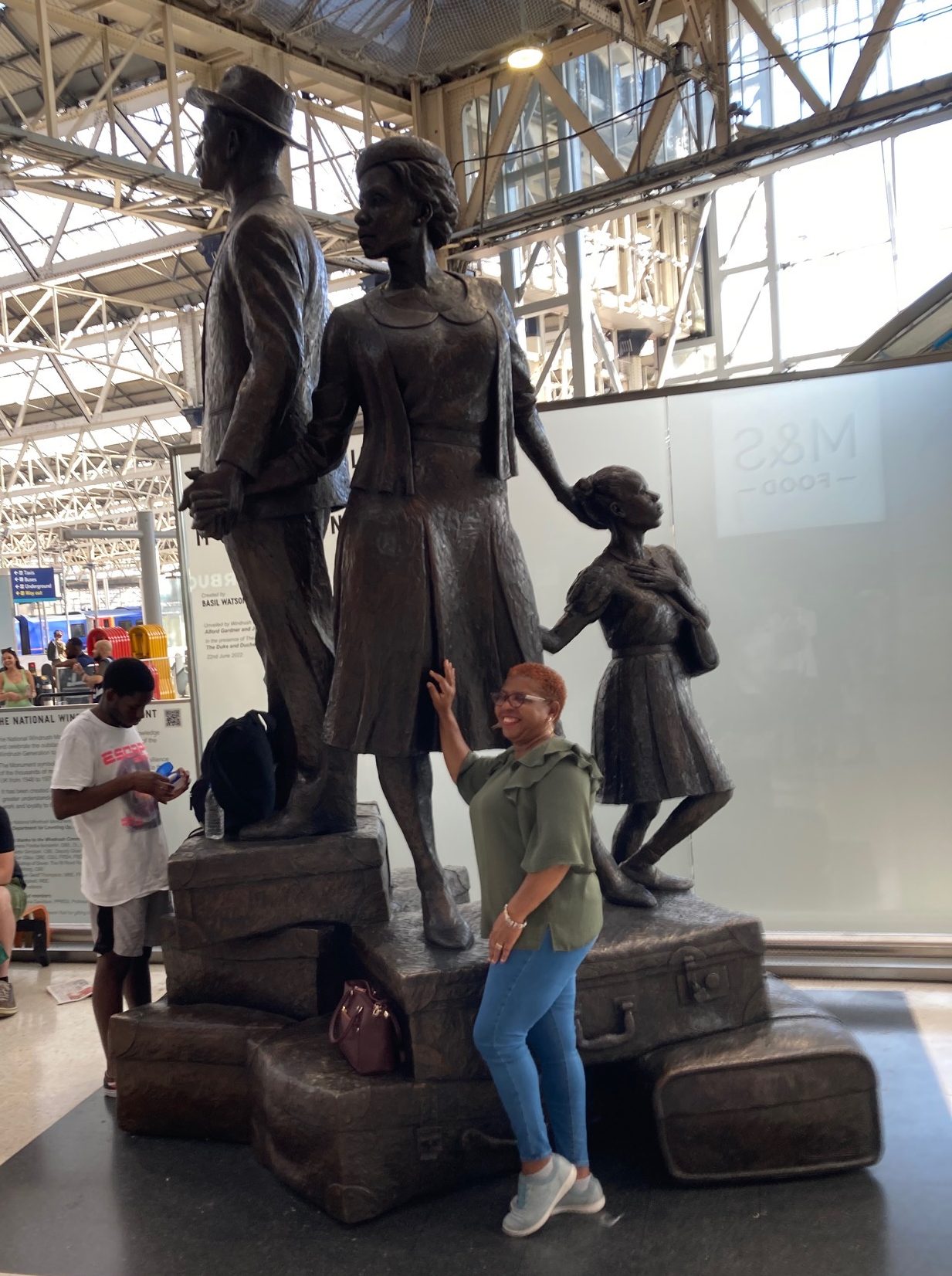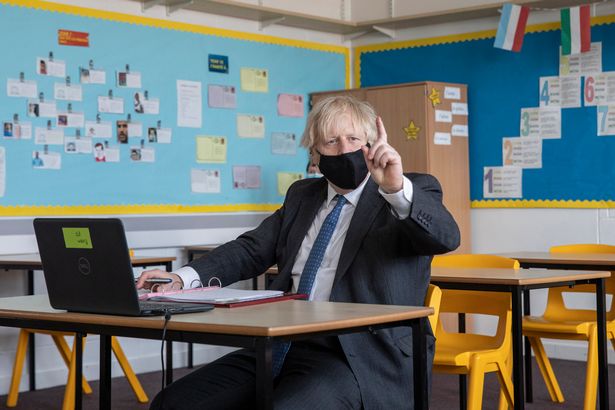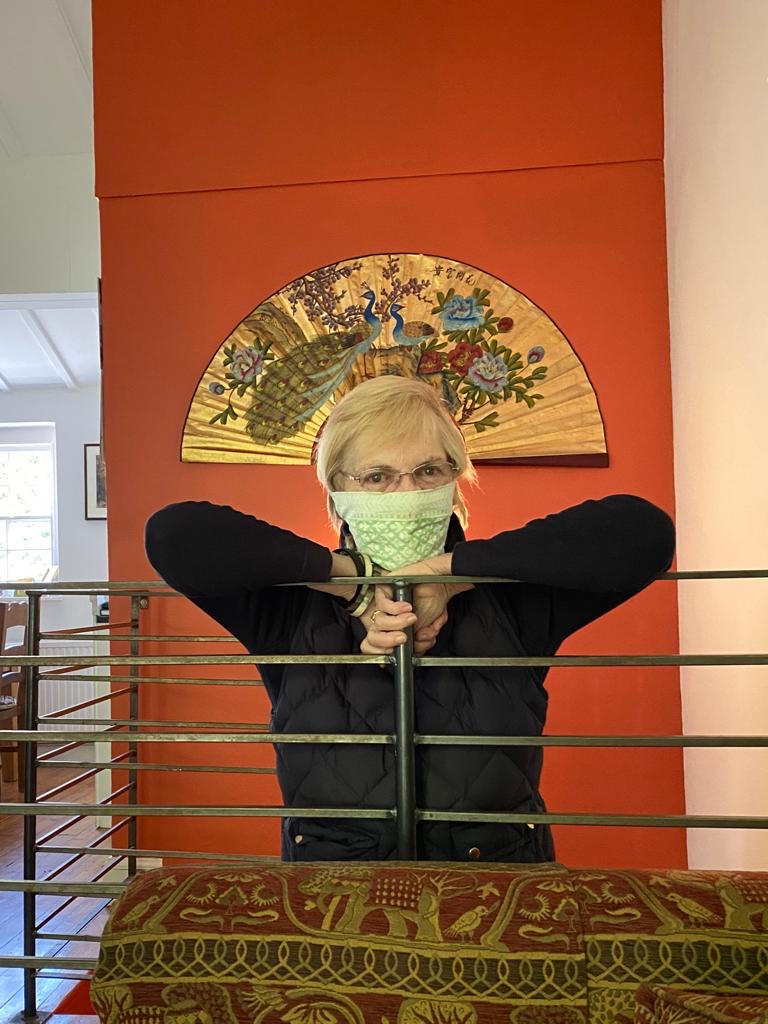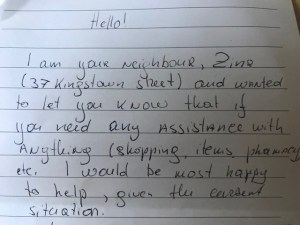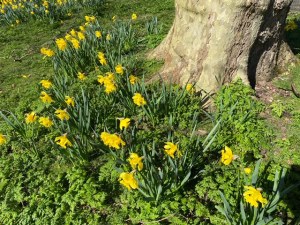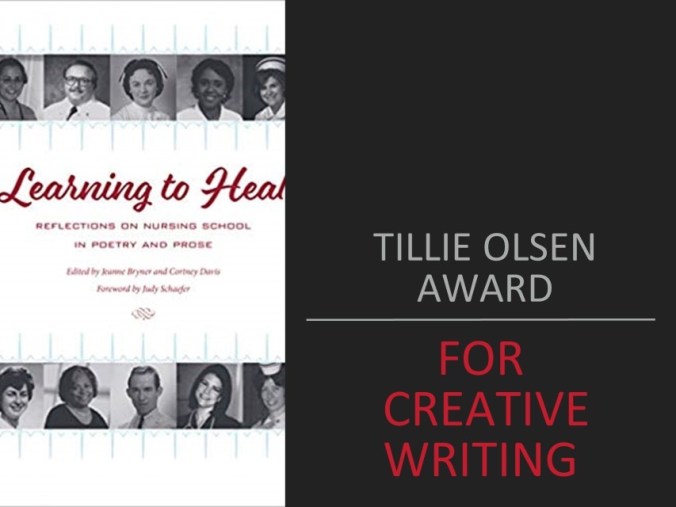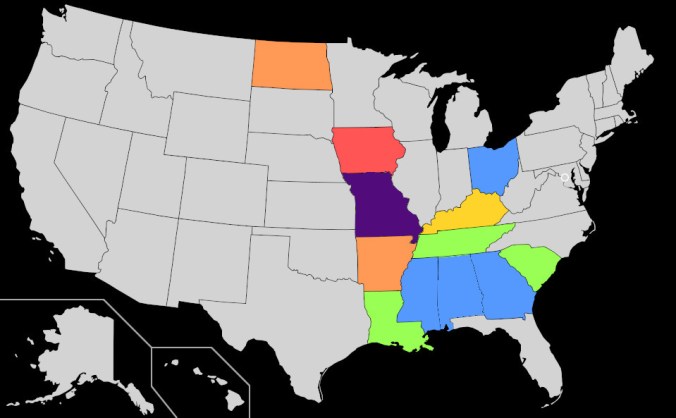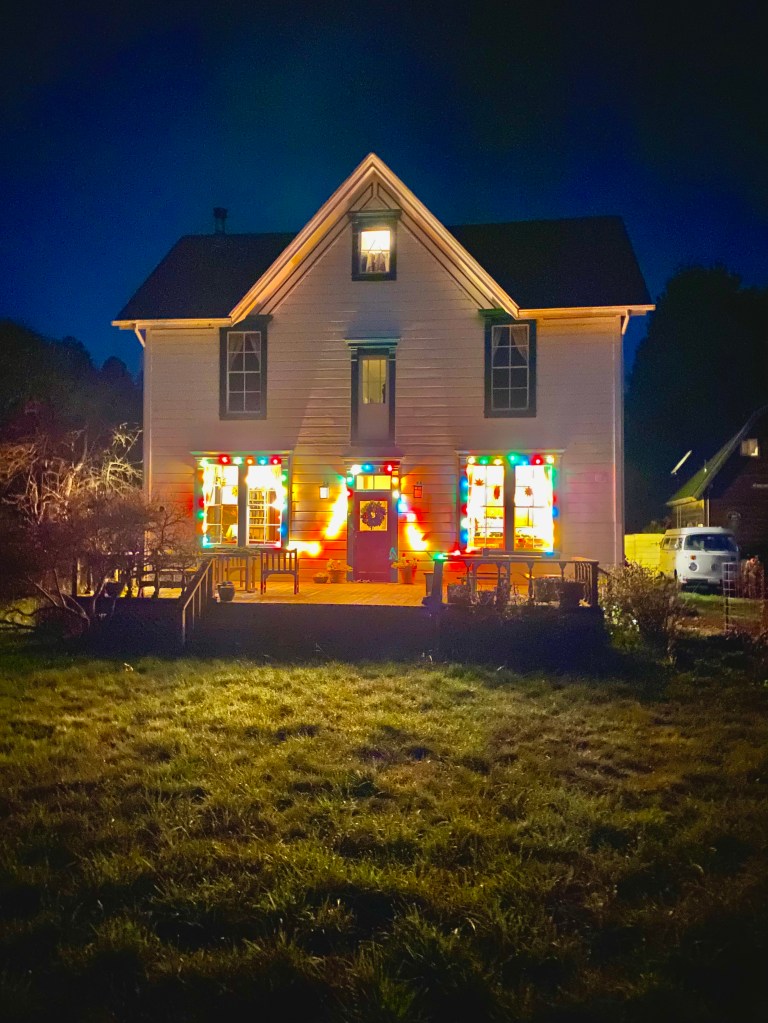
Year’s end.
November rolled like storm-tossed tumbleweed into December and the nights slid earlier into darkness each evening. Now December is ending and even through the storms covering America the light is beginning to return.
It was already night-time when we landed back from Poland and the Heathrow train stopped at Paddington. The station was closing down for those midnight to five a.m hours. Only the Sainsbury Local stayed lit for the late-night travelers and I dipped in to pick up the milk and bread to be turned to tea and toast in the morning. Outside the vast hollow waiting area which feeds onto the platforms there was no cute, lost Paddington Bear with a suitcase, instead there were a dozen or more old men settling in on the benches – separately – but close enough that each could watch out for another as they came in off of their street-corners to a place of warmth. A plastic shopping bag or a shopping cart contained their travel baggage. I wonder what it is that remains precious to these homeless gentlemen. They each had a blanket that they wrapped around their legs and even their shoulders, if it was big enough. There must be regulars who show up at Paddington, Victoria and Waterloo train stations each night – until they don’t. Do the staff who clean and monitor the stations sweep round the huddled bodies and shopping carts. Is ‘keeping yourself tidy’ a prerequisite to keeping your patch and even bench? What time do you have to ‘move along’ and face the world in the morning? There is a rhythm to this unseen pedalling-in-place, train stations hold these men who watch leavings and loneliness travel alongside of expectation and desire.
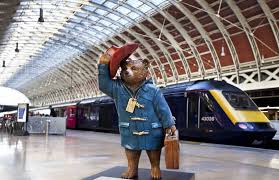
In November Mehram Nasseri died. Nasseri had lived on a bench at the Charles de Gaulle Airport for 18 years and was the inspiration of Steven Spielberg’s film ‘The Terminal.’ Stranded and stateless he perhaps brought a focus to the question of what or where is home. He found a community, and a sense of belonging.

Under Rishi Sunak, the Conservative Government continues with its agenda – to avoid paying Universal European taxes – thank goodness for Brexit – but with no taxes paid by those who could – there is less in the coffers for The National Health Service, the state schools and other community-run organizations. It is now becoming obvious, though it was before if we looked, that the goal is to cripple and disband the NHS, take it away from those who need it most – and the best way to do that is to lock the pay scale of the workers. When I graduated in 1963, satirist Michael Frayn wrote in the Guardian Newspaper: he was looking at reports on wages on what they called ‘the devotional fields’, then primarily nurses. Saying the general principle was to hold the wages as low as possible to keep out ‘undesirable elements wanting to make a fast buck.’ Well they certainly did that, kept the wages as low as possible. Nursing is a devotional field and the wages remain among the lowest of professional workers to this day. On graduation we were encouraged to join the Royal College of Nursing and almost everybody did. But in my youthful idealism I couldn’t ever envision following an order – to go on strike. Now, for the first time nurses are being called on to do that. But they won’t. Instead the ambulance drivers and paramedics will be at the forefront of this battle with the government, and once again the government will win, grudgingly giving out pennies rather than pounds. Nurses will continue to use food banks and be at the mercy of the transport unions who can strike and get the money they are asking for. The Army will get to practice some drills while substituting for the paramedics. And people will die because of it.
From one family to another, we came back home – unsure where that is. We are old nomads – and with a little more infirmity we would be outcasts from the herd but for the moment we are lucky and received by our families wherever we land.
And we landed at the bar in town. With the nudge of a full bladder at 6.30 in the morning we bundled up, and scraping the frosty car windows, to drive downtown and to Smiley’s to watch the World Cup soccer final. The bar was open at 7 in the morning serving its customers what they wanted – a big screen and sports special. And free maté – with honey. It was as fun watching us as it was watching the football, two teams at the very top of their game, with grace, skill and respect as more than once a player in azure blue and white helped another in navy to his feet after a fast clash.
From Sunday to Sunday, turning from the big screen at Smiley’s to the computer screen in the Hayloft and finding the King at Windsor Castle. From here it felt like opening an old blue aerogram letter, with news of home and I watched as keenly as any other ex-pat around the world. There was a light snow on the grounds of Windsor Castle and young girls in the soprano Choristers at the Christmas Carol service in St. Georges Chapel.

The King spoke with no photographs around him to point emotion one way or another. His notes were handy to glance at, maybe showing that the teleprompter was not for him. He spoke in empathy for those families who have lost loved ones this year, of the importance of her faith for his mother – our late Queen, and for him too, and of all faiths. He gave thanks to the hundreds of people who help those in need through the hardships of these times, and very carefully showed those of his family who, by their presence, gratitude and acknowledgment of the work of others, help to sustain us all.
This has been A Letter from A. Broad
written and read for you by Muriel Murch



